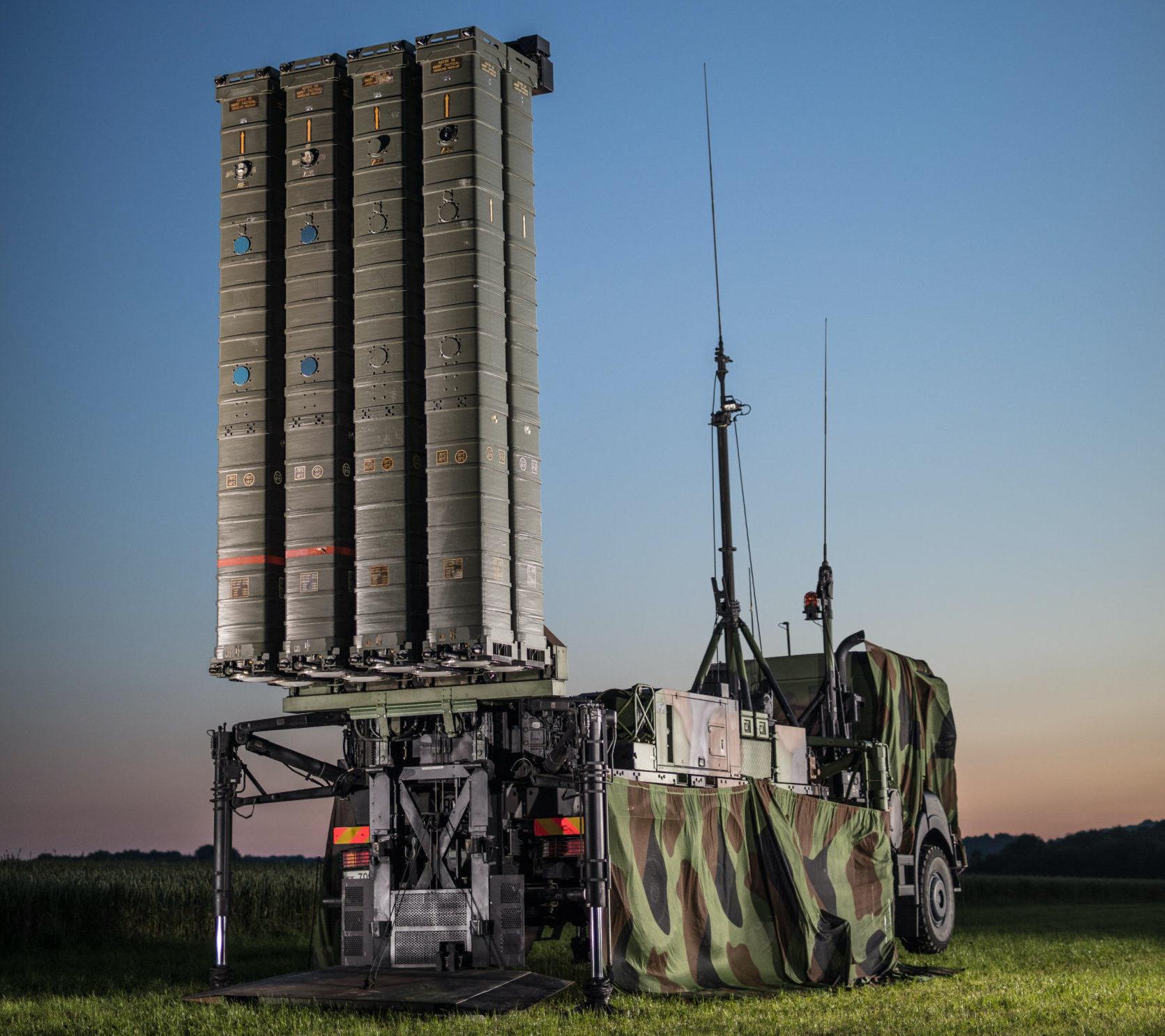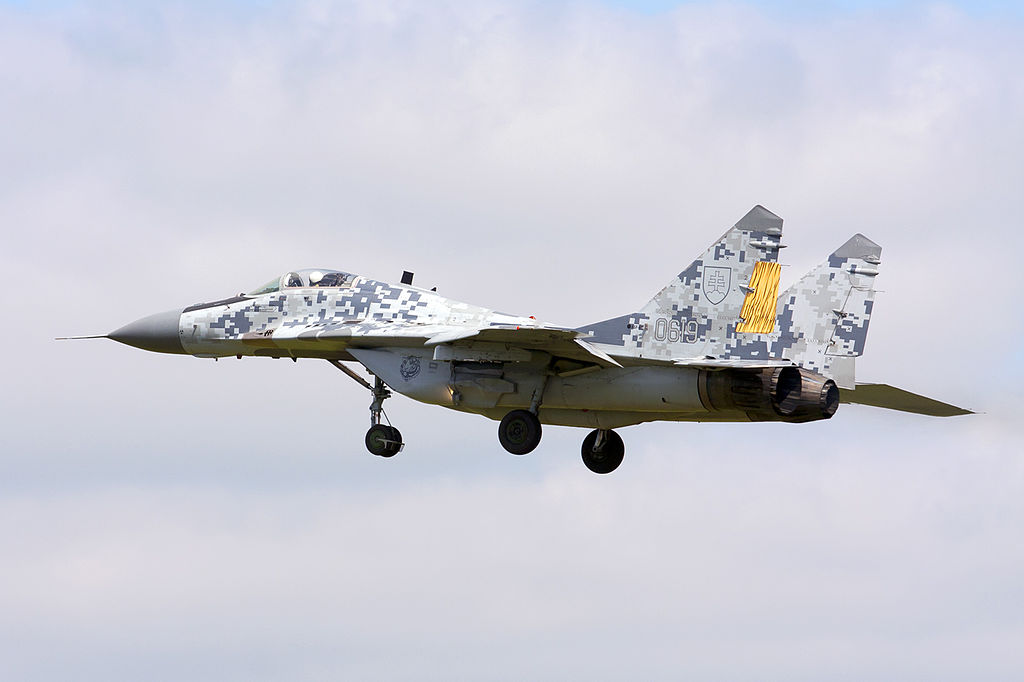Italy is set to withdraw its SAMP/T surface-based air defense system from Slovakia, a move that raises concerns about protecting Slovakia’s critical assets such as nuclear power plants, announced Slovak Prime Minister Robert Fico.
The SAMP/T, designed to safeguard sensitive sites like airports and seaports against various threats, was temporarily deployed to Slovakia last year as a replacement for the US Patriot anti-aircraft system.
The system was integrated into NATO’s defensive structure to bolster collective defense and interoperability along the eastern flank. Currently, 145 Italian soldiers stationed at the Malacky-Kitchen military base in Slovakia operate the SAMP/T Mamba air defense system within NATO’s Forward Presence.
Prime Minister Fico revealed that the Italian government had notified him of the withdrawal, citing the need for the air defense system in other locations. Expressing apprehension, the PM wanted to know who would safeguard Slovakia’s nuclear power plants and strategic targets once the Italian system was removed.
“And I ask: God, who will guard our nuclear power plants and other strategic targets?” the Prime minister queried.

Fico highlighted the context, mentioning that the previous Slovak government had provided Ukraine with a functioning Russian S-300 air defense system.
Although the US-made Patriot systems briefly appeared in Slovakia, they were withdrawn. The impending departure of the Italian system leaves Slovakia without an alternative for protecting its airspace, raising serious security concerns.
Recently, the country’s Defense Minister Robert Kalinak also criticized the decision to provide military assistance to Ukraine at the expense of Slovakia’s security.
Kalinak said the previous government’s failure to secure replacements for crucial military hardware surrendered to Ukraine could have long-term repercussions, potentially taking years to address.
Since assuming office in September last year, Fico, known for his skepticism towards the Western stance on the Ukraine conflict, halted Slovakia’s military aid to Kyiv. In a recent social media statement, he pledged not to deploy Slovak troops to Ukraine, even if it jeopardized his premiership.
Slovakia’s Military Assistance To Ukraine
Slovakia, under a previous center-right government, was the first country to provide air defense systems to Ukraine. Collaborating with Poland, it advocated for increased Western military support.
Slovakia delivered S-300 air-defense missiles and 13 Soviet-era Mig-29 fighter jets to Ukraine when others were still deliberating their course of action.
At that time, the then-Defense Minister urged the Slovak people to reflect on their past. “During World War II, Slovakia – then part of Czechoslovakia – expected other countries to help it stand against Nazi Germany, which it couldn’t do on its own,” he said.
However, Slovakia’s arsenal of expendable weapons and warplanes diminished significantly due to contributions to Ukraine, limiting its capacity for further assistance.
Then, in the October 2023 general elections, Robert Fico came to power, securing a narrow victory. Campaigning on a pledge to refrain from sending any ammunition to Ukraine, his Smer party, originally Left-leaning, shifted towards Right-wing stances on immigration and cultural issues, aligning with pro-Russian forces in response to the pro-Ukrainian positions of political rivals.

Fico has consistently opposed sanctions on Russia, asserting that military aid would prolong the conflict, and advocated for peace talks, emphasizing that continued violence would not benefit anyone.
On November 8, 2023, Slovakia’s government, led by Fico, declined to provide Ukraine with a 14th package of military assistance worth 40.3 million Euros, previously approved by the country’s former Minister of Defense.
The stated reason was that Ukraine had already received 13 packages totaling 671 million Euros, which included not only military aid but also humanitarian assistance such as medical supplies and fuel.
Yet, despite initial reluctance, Fico softened his stance in January 2024 and assured Ukrainian Prime Minister Denys Shmyhal of continued support for Ukraine’s EU accession and committed not to obstruct €50 billion in EU financial aid.
Slovakia stands out as one of the select NATO members that has collaborated with Ukraine to jointly produce crucial weaponry.
Teaming up with Ukraine’s private manufacturer, the Kramatorsk Heavy Duty Machine Tool Building Plant (KZVV), Slovak-owned Konstrukta-Defence is actively involved in the joint development of a new 155 mm self-propelled howitzer. This endeavor combines Slovak technical expertise with insights from Ukraine’s battlefield experiences.
The Speaker of the Slovak Parliament, Peter Pellegrini, clarified in January that the country would uphold private defense contracts but affirmed that military aid would not be dispatched to Ukraine from the national army warehouses.
- Contact the author at ashishmichel(at)gmail.com
- Follow EurAsian Times on Google News




